Zheng Qinwen's Grass Nirvana: From 1-4 Desperate Situation to Self-transcendence in the Queen's Cup
When the score was set at 1-4, the air on Andy Murray's Centre Court seemed to freeze. Zheng Qinwen, the Chinese golden flower, stood on the bottom line, staring at Kessler opposite, the top seed standing on the edge of the cliff at the moment. However, the rest of the story perfectly illustrates the most exciting charm of tennis - never give up until the last point.
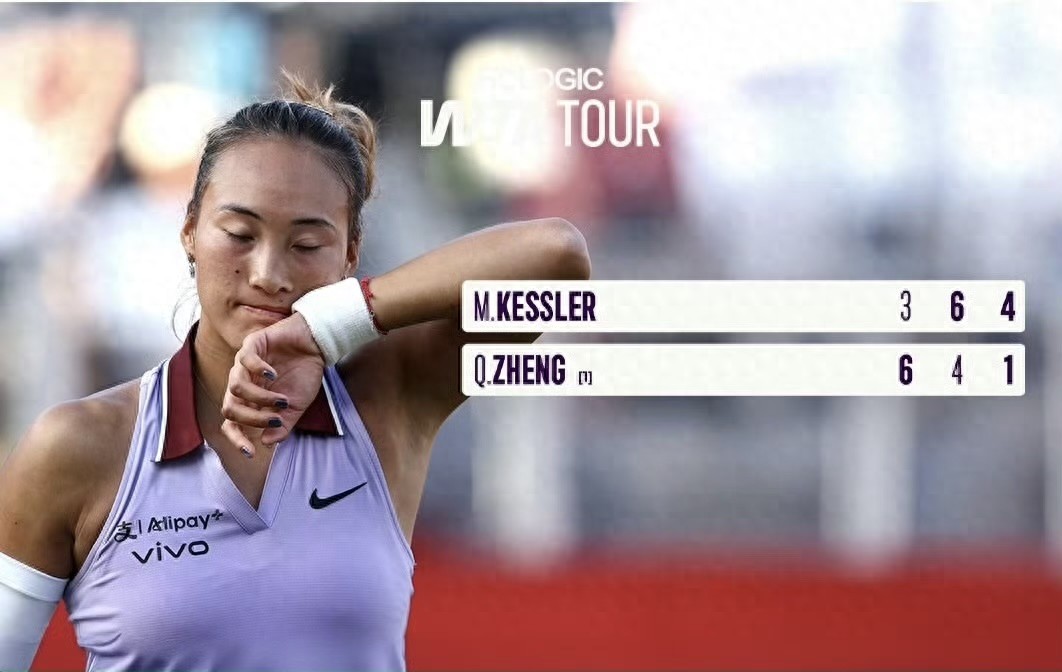
After Zheng Qinwen won the first set 6-3, the match suddenly turned. A crucial break at the end of the second set allowed Kessler to pull one back 6-4, and to make matters worse, Zheng Qinwen quickly fell into a 1-4 abyss in the deciding set. The technical statistics at the moment show that Zheng Qinwen's second-serve scoring rate has dropped to a pitiful 38%, and the scoring rate in front of the net is only 45%, which are all indicating an imminent defeat.
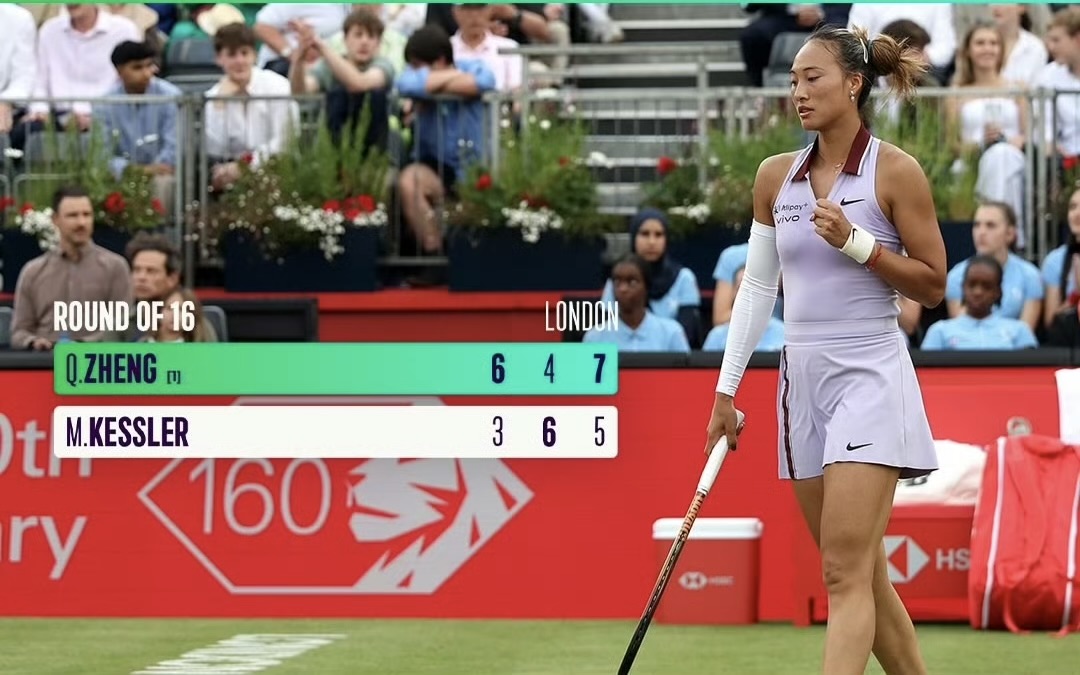
But the true champions always look beyond the data for answers. Zheng Qinwen began to adjust his stance and pressed half a step forward when receiving the serve; She cut back on risky win-point attempts and instead built rounds with more consistent topspin; Most lethally, she suddenly increased the aggressiveness of her backhand straight line, a change that directly disrupted Kessler's rhythm. After chasing three games to 4-4, Zheng Qinwen's key break in the 11th game completed the turning point of this shocking reversal.
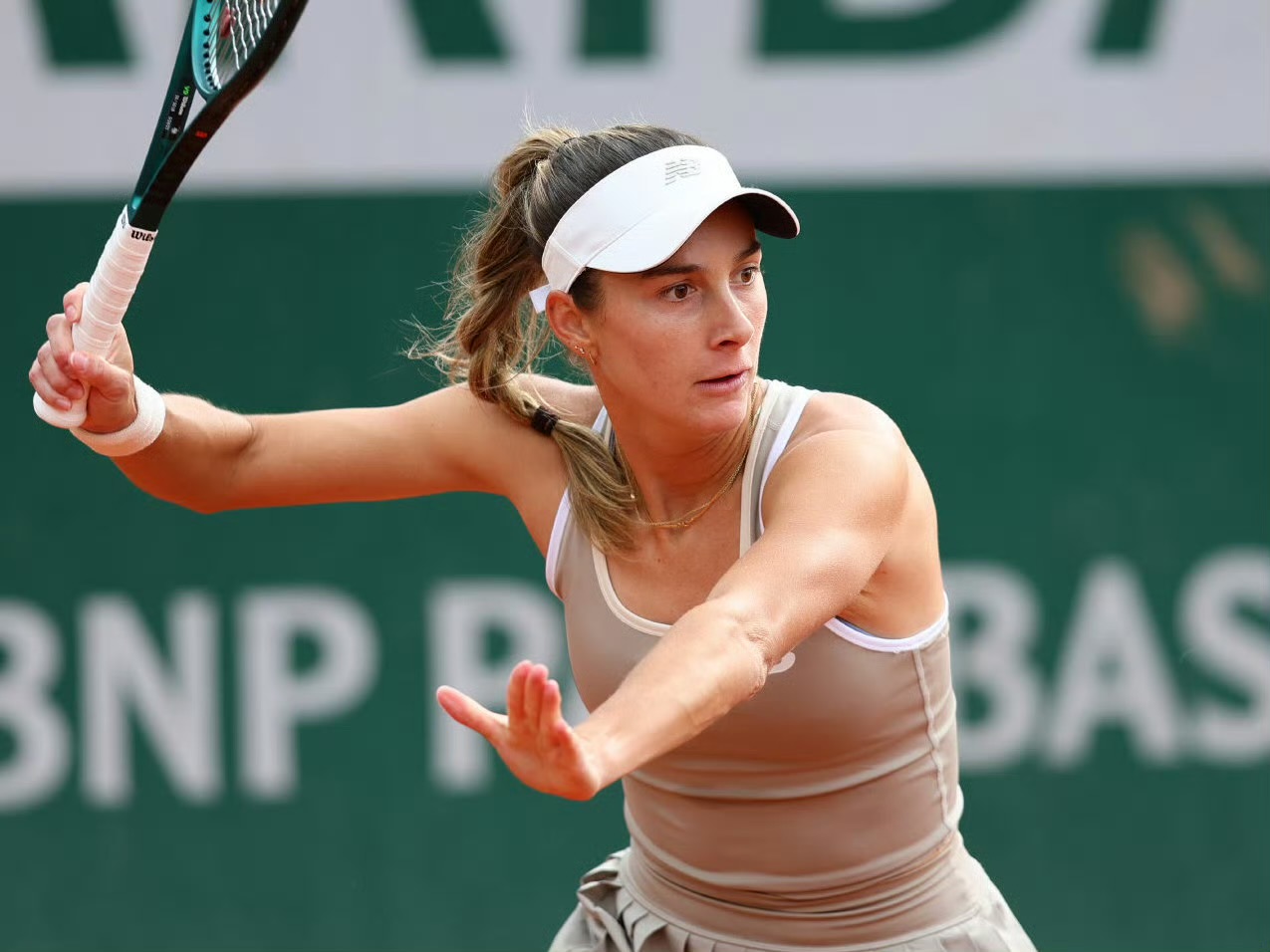
The victory was much more than just an ordinary tournament for Zheng Qinwen to advance to the quarterfinals. With 108 points, that's more than all of her career's previous grass court points combined (84). What's even more noteworthy is the evolution of her adaptability on grass: she hit 10 aces in the whole court and scored 76% of her first-serve points, which is unimaginable for Zheng Qinwen's performance on grass two years ago.
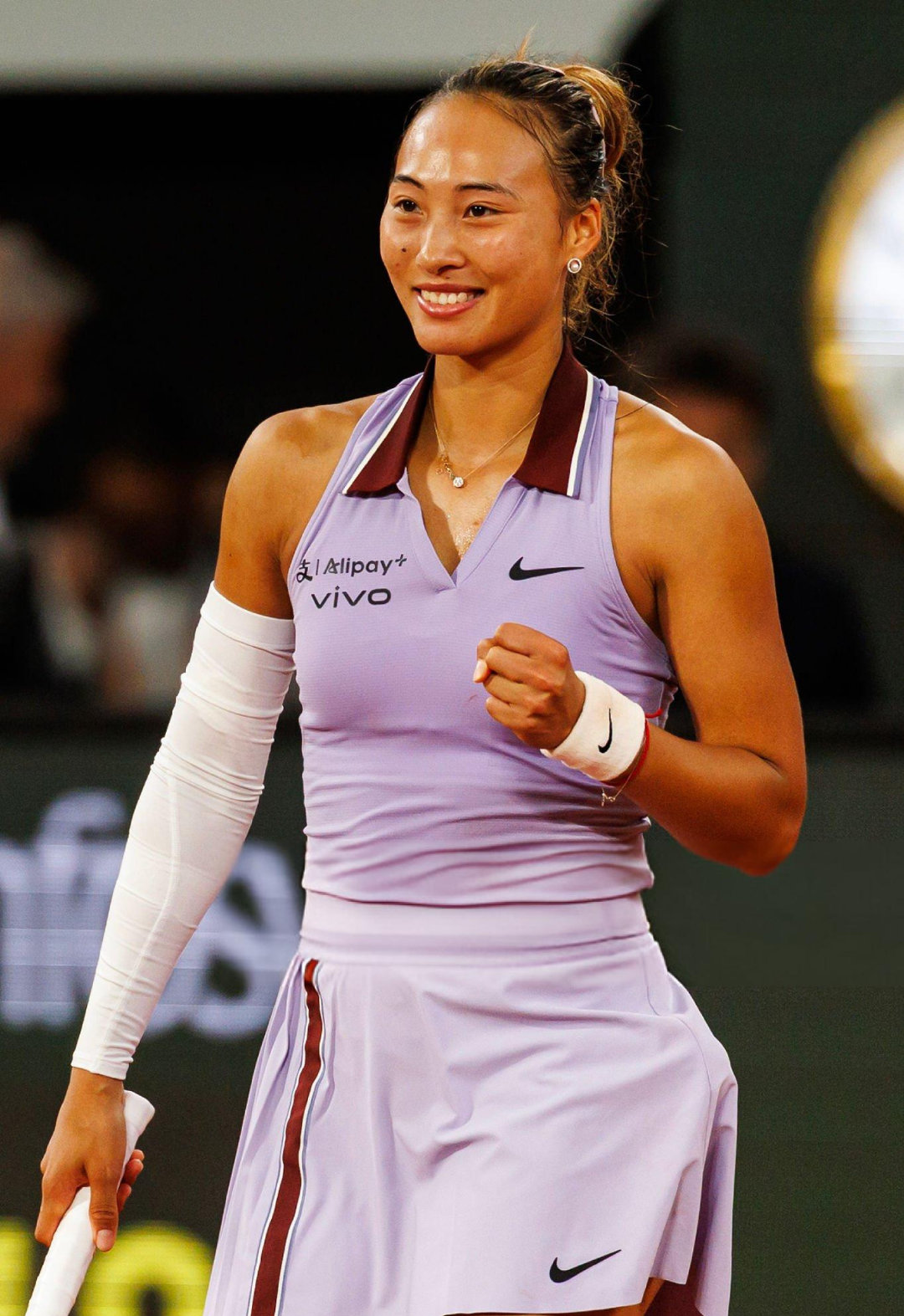
"I know a lot of people say I'm only good at clay," Zheng said in a post-match interview, "but this year our team has especially strengthened our serve and pre-net training. The grass needs more decisive decision-making, and that's what I'm learning. This shift was evident in her performance in the deciding set, where she increased her net win rate from 45 per cent to 68 per cent in the second set, which was the key to the comeback.
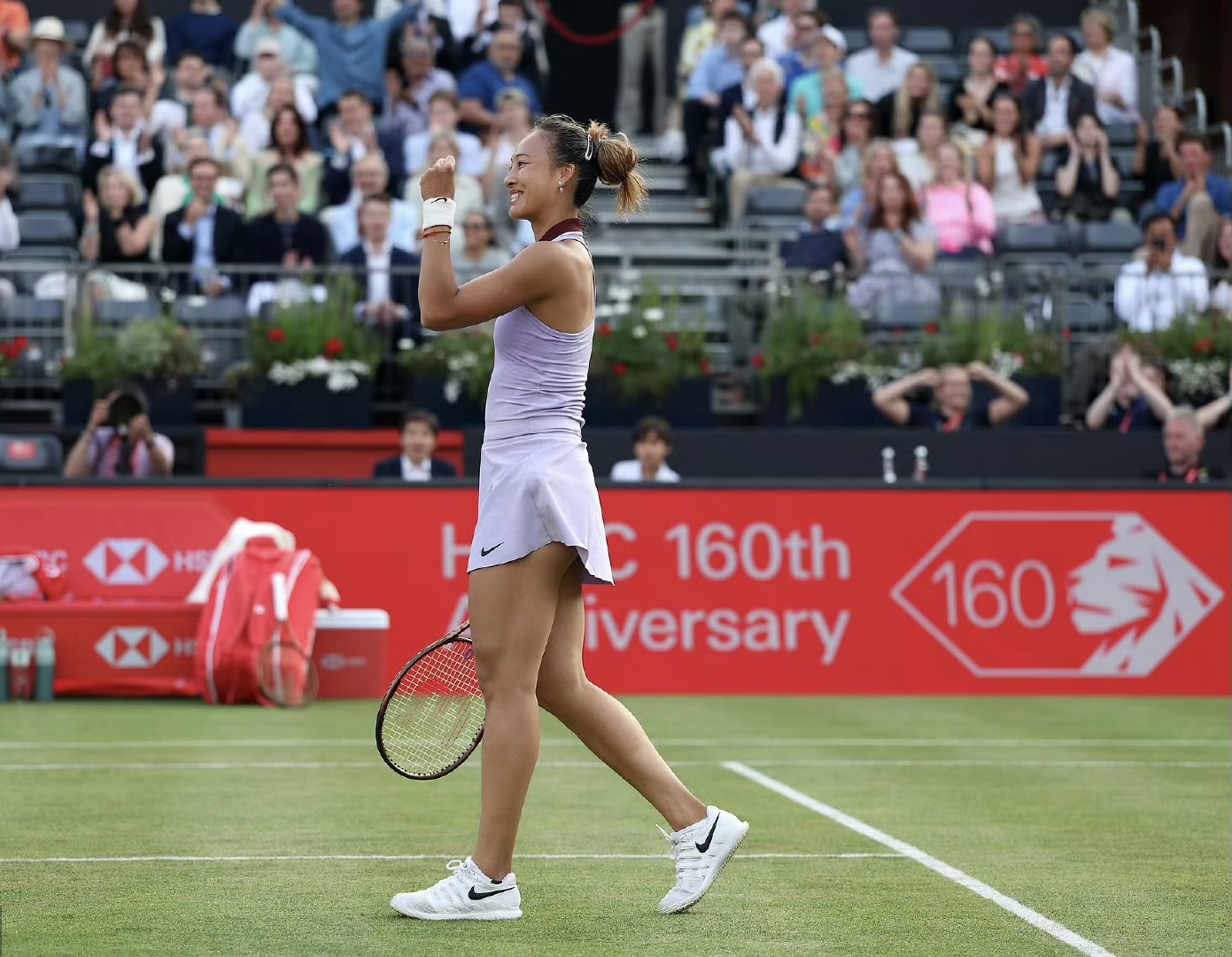
The upcoming quarter-finals will be a reunion full of drama. In the 2018 US Open junior division, Zheng Qinwen, who was only 15 years old at the time, played as the No. 14 seed, but was eliminated by Raducanu 7-5/6-1 in the quarterfinals. Now, seven years later, both girls have become major champions – one an Olympic gold medalist and the other a myth-creator at the US Open.
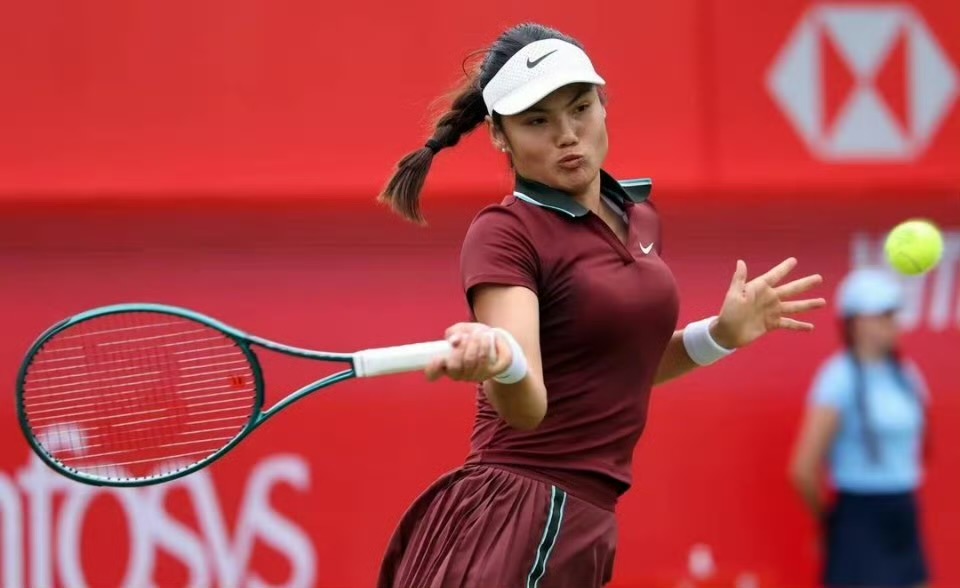
Raducanu have been in hot form of late, not dropping a set in the first two rounds of the Queen's Cup and showing an impressive counter-attacking ability. But Zheng Qinwen has three advantages this time: first, the iron will honed after many three-set battles; second, significantly improved serving weapons; Thirdly, and perhaps most importantly, there is nothing like defeating a former "bitter master" on the grass to prove one's evolution.
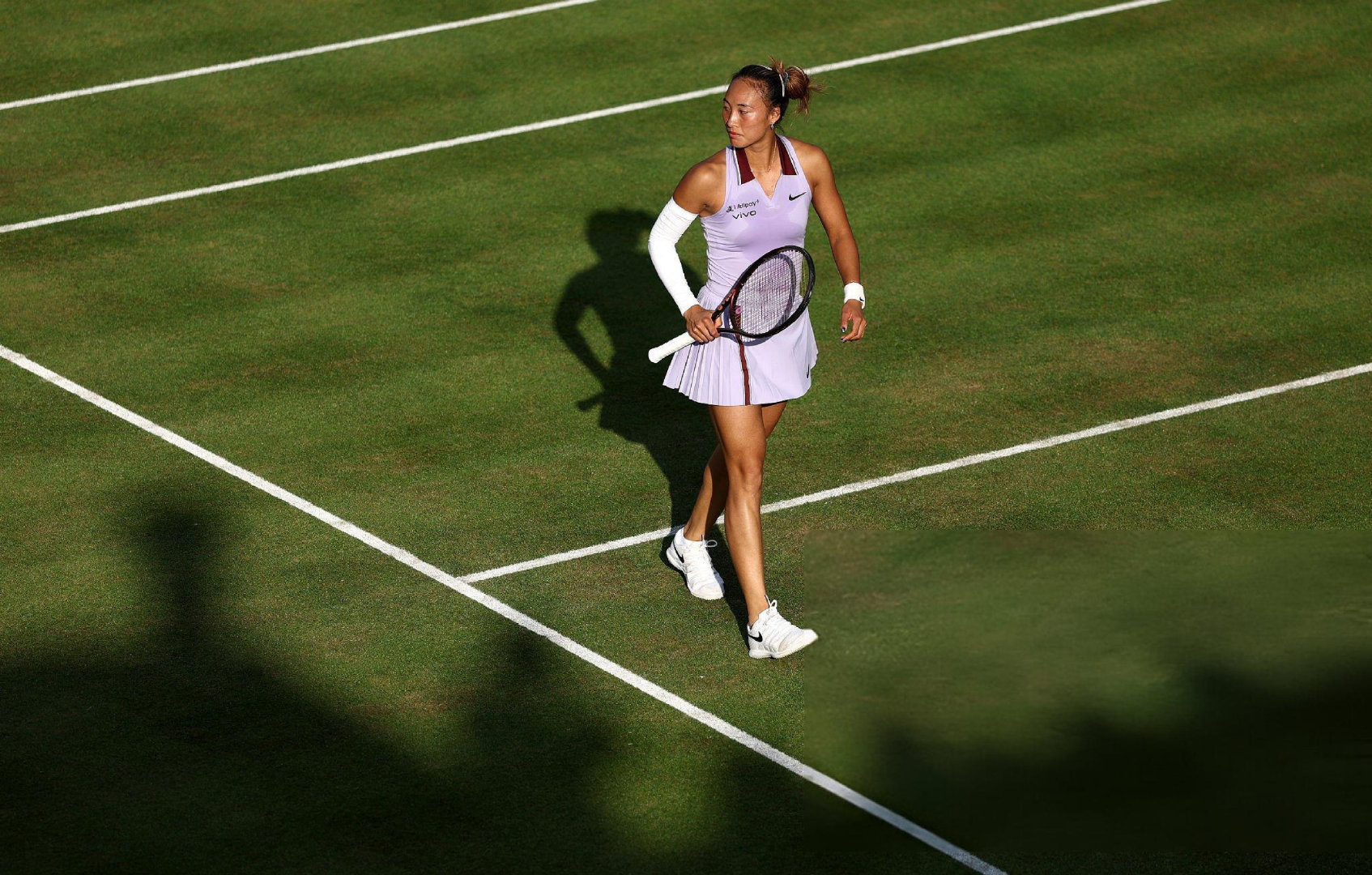
This upcoming matchup is a textbook case of modern women's tennis. Raducanu is adept at controlling the match with a varied pace and precise landing, while Zheng is increasingly inclined to use power and speed to overwhelm his opponents. The key factor may be: Can Zheng Qinwen maintain a first-serve goal rate of more than 70 percent? Can Raducanu crack Zheng's improved backhand straight attack?
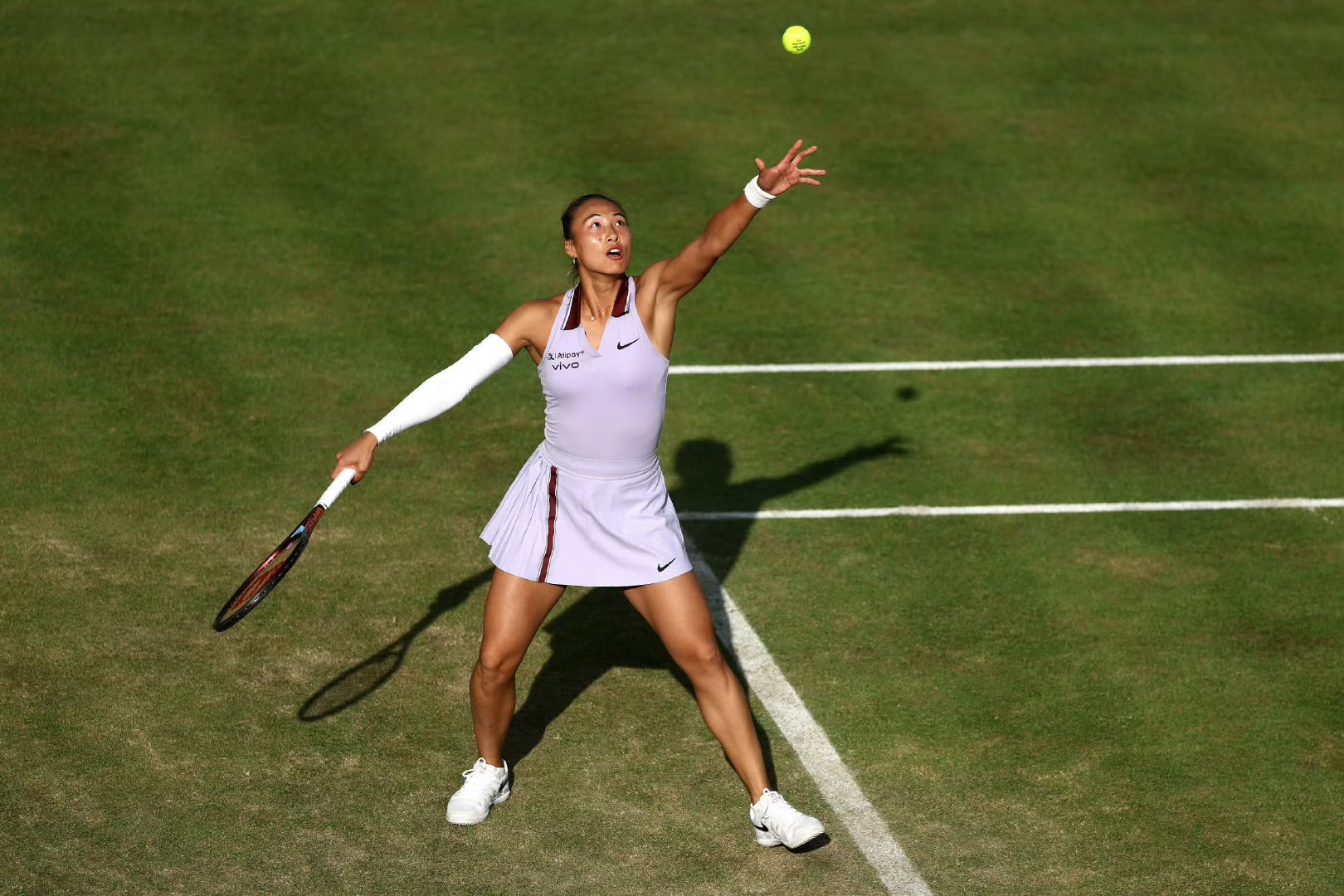
At the psychological level, Zheng Qinwen needs to be vigilant not to fall into the emotional trap of "revenge". "It's just a normal tour," her coach Pere Riba stressed in an interview, "and we want to focus on executing tactics and not on the story of seven years ago." "
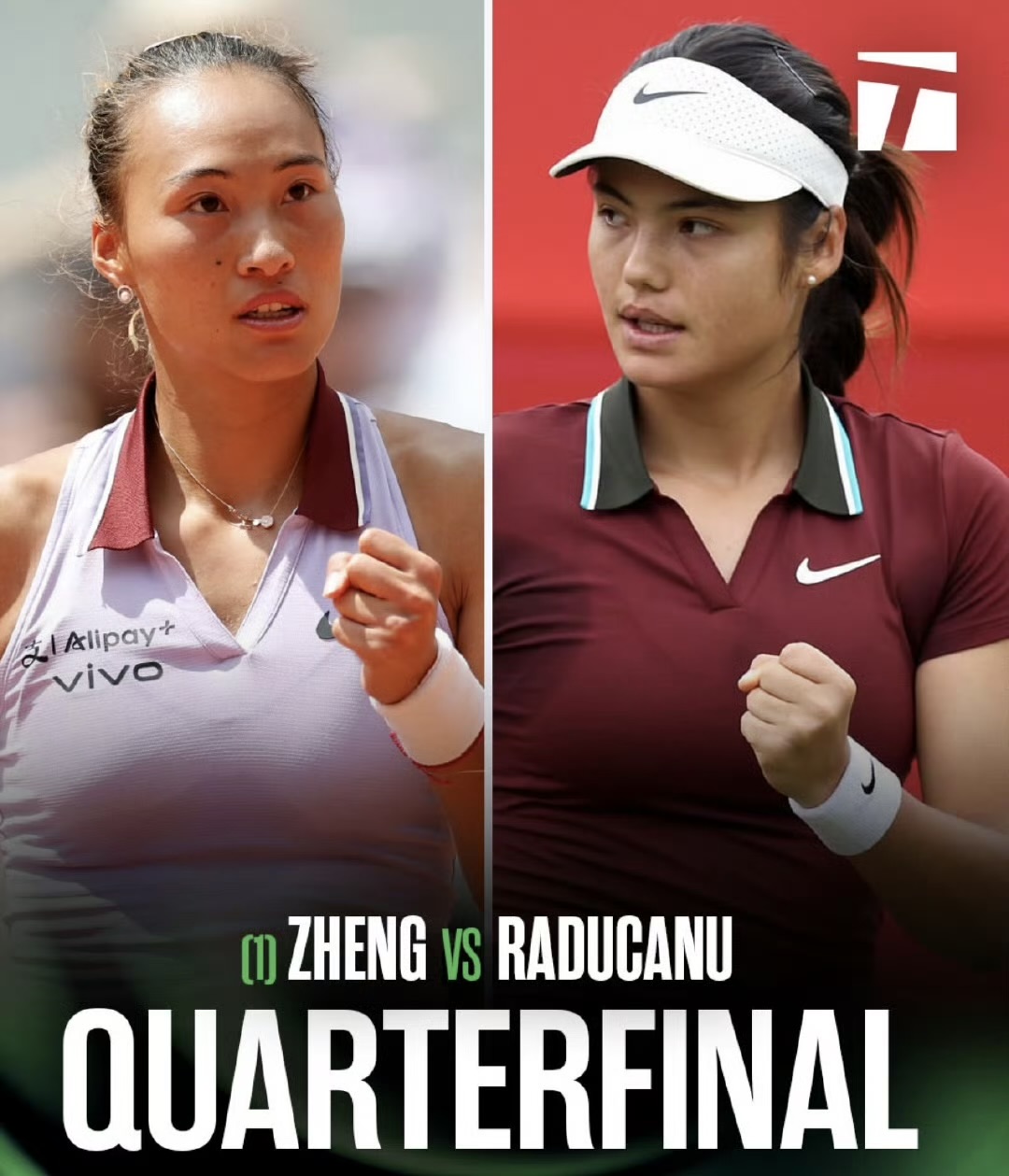
When an Olympic champion meets a US Open champion, and when a power in the East meets a British skill, this Queen's Cup quarter-final is destined to transcend the significance of an ordinary tour. For Zheng, this is not only an important yardstick to test the progress of the grass, but also an excellent stage to announce to the world that she has become a true all-round top player. From 4-1 down to the quarter-finals on grass, China Jinhua has proven her resilience and may be looking to prove her ability to rewrite history.(Source: Tennis Home Author: Mei)







 Links
Links
 Contact
Contact
 App
App


